When a book is side-sewn, it means the text block consists of individual pages, as opposed to individual signatures. It’s also not a saddle-stitched book! The line of stitching is usually about 1/4” to 3/8” from the binding edge. We can extend the threads beyond the book so they are loose and we can run 2 or 3 lines of stitching for added uniqueness!
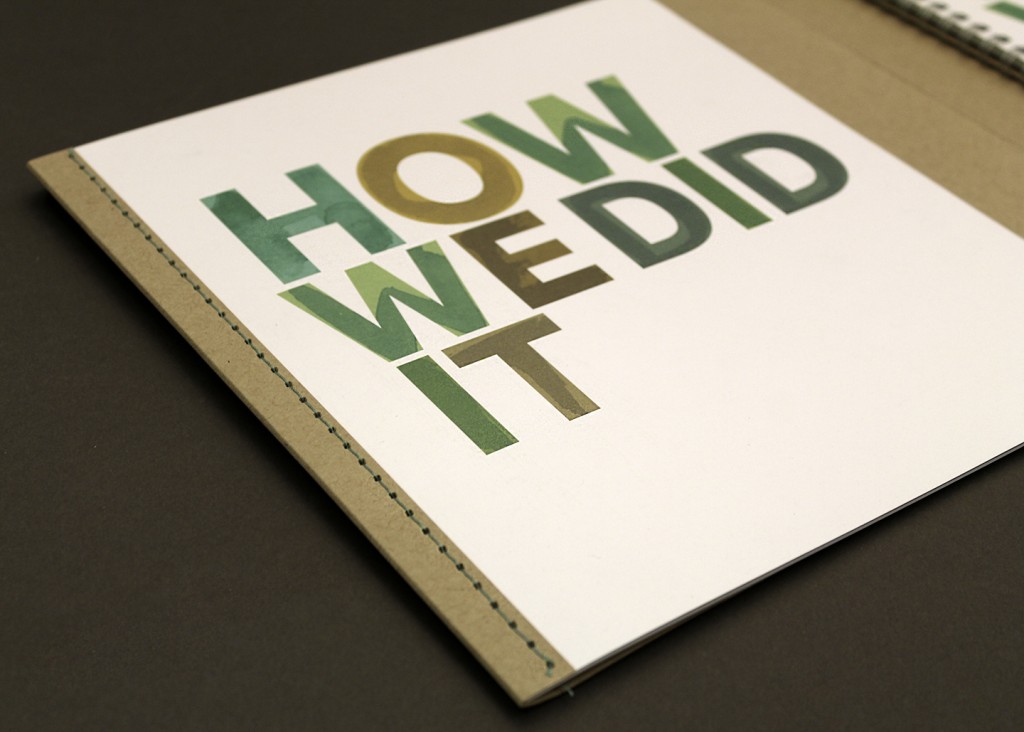
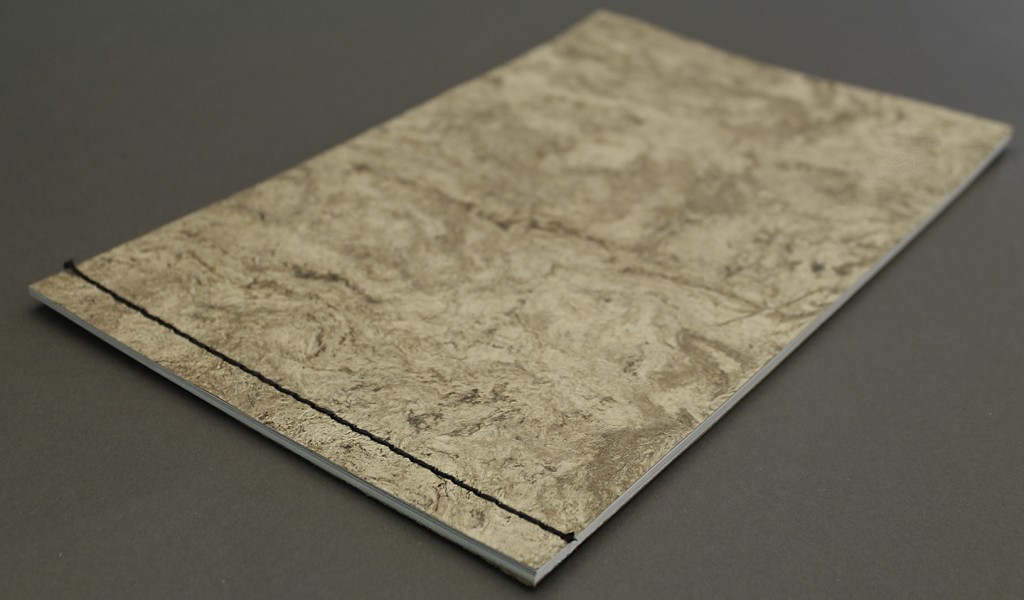
What’s the Appeal?
Side-sewn books stand out among other binding methods because the thread is visible on both the front and back covers. The vintage, stitched pattern of side-sewn books has also become very popular as a design element for projects. Also, the 100% cotton coloured thread is recyclable and can enhance the book’s design.
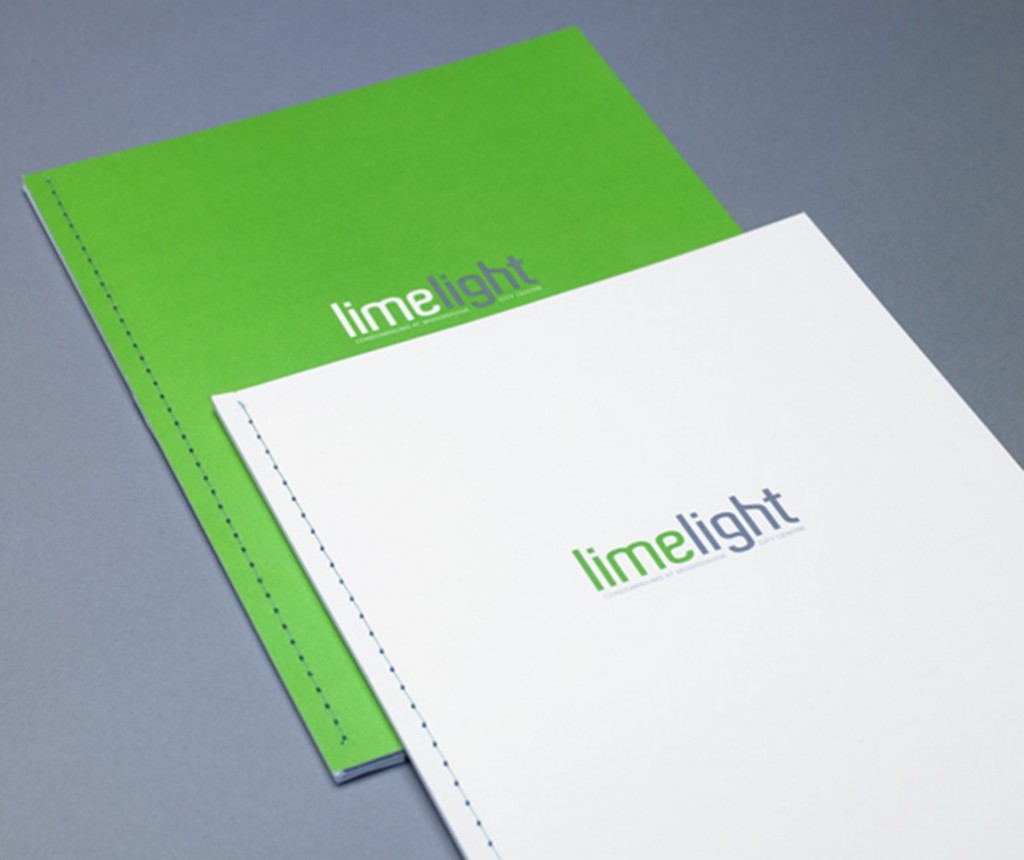
Benefits
- Exposed thread enhances the design
- Side-sewn books are very durable, much more than regular perfect binding
- There’s a huge selection of thread colours available on short notice
- Both coated and uncoated stocks can be used so there is more flexibility for stock choice
- Extra-thin books can be sewn with a zigzag pattern
- Side-sewing can be used to rescue perfect bound books that are falling apart
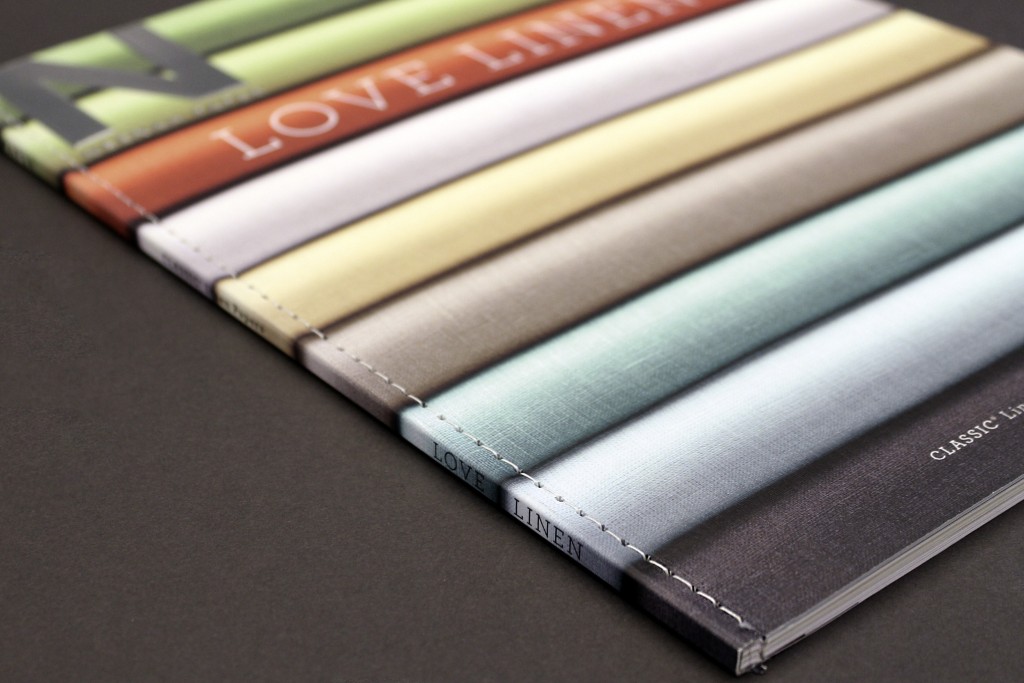
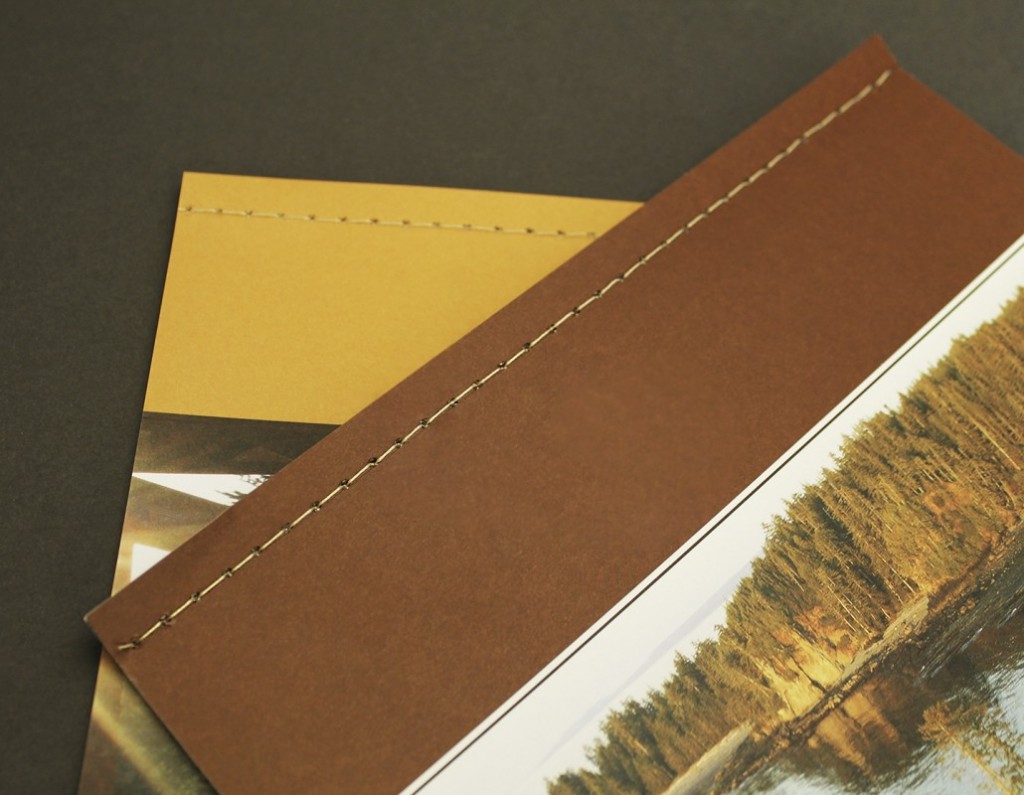
Things to Consider
- We sew 1/4” to 3/8” from the binding edge so extra space is required to ensure artwork and text are visible
- Side-sewn books do not open flat so the designer has to take this into account
- The grain direction of the stock must run parallel to the spine so this can affect the quantity of sheets required to complete a job
- The maximum thickness of the books is 3/4”